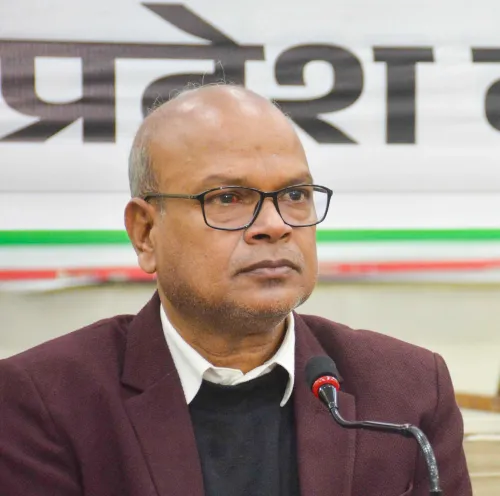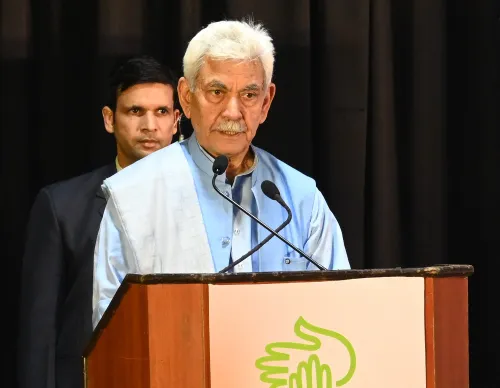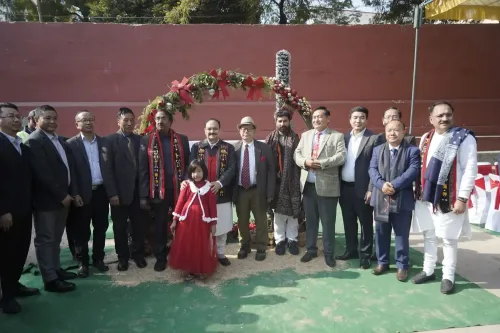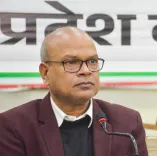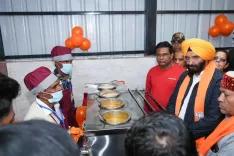Are Semester Exams the Future of Higher Secondary Education in West Bengal?

Synopsis
Key Takeaways
- First-ever semester-format exams for Higher Secondary in West Bengal.
- Exams held from September 8 to 22 across 2,106 venues.
- Security measures including CCTV surveillance and metal-detector checks.
- Multiple-choice format to prevent malpractices.
- New semester system marks a historic shift in education.
Kolkata, Sep 8 (ANS) The West Bengal Council of Higher Secondary Education (WBCHSE) officially launched the state’s inaugural semester-format Higher Secondary (Class 12) examinations on Monday. These first-semester tests, running from September 8 to 22, are taking place at 2,106 locations across 23 districts, with a staggering 6.6 lakh candidates registered.
This is a groundbreaking moment as the Higher Secondary exams are now being organized in two phases—September and February—under the newly implemented semester system for Class 11 and 12.
Exams are scheduled from 10 a.m. to 11:15 a.m., with music, visual arts, and vocational subjects extending until 11:45 a.m. Candidates are prohibited from bringing calculators, mobile phones, or any electronic gadgets into the examination halls. Any violations will result in the cancellation of their candidature. Additionally, students will undergo metal-detector checks at the entry points.
During the 1 hour 15-minute examination, candidates are not permitted to visit the washroom.
To safeguard against paper leaks, WBCHSE has introduced sealed 'non-transparent printed poly pouches' for the question paper packets. Two sets of question papers—Set 1 and Set 2—have been prepared, with the second set reserved for emergencies, such as a leak.
Moreover, 122 centers have been identified as sensitive, with Malda district having the highest concentration. This is a reduction from 136 last year. Security measures include CCTV surveillance at exam venues, supervisors’ residences, and primary entry points.
Considering the rainy season, exam papers and OMR sheets are stored in facilities with no history of waterlogging. Authorities remain prepared to shift exam centers in case of emergencies.
Among the total examinees, there is a higher number of female students across all 23 districts. There are 818 primary examination centers, and among the 342 specially-abled candidates, 212 will receive assistance from scribes.
The first-semester exams are entirely multiple-choice based. To curb malpractices, multiple question sets will be distributed within exam halls, emulating competitive exams like NEET-UG and JEE, ensuring that adjacent candidates do not receive identical papers.
The WBCHSE officially announced the switch to the semester system in April this year, marking a historic transformation in the state’s educational framework.


